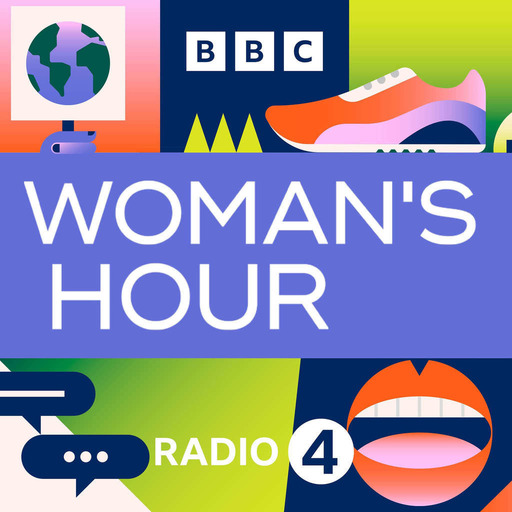As we move to ease lockdown restrictions in this country, and look ahead to the “new normal”, there are a large number of people who are still very much in lockdown. Many people with medical conditions that make them “extremely clinically vulnerable” to COVID-19 are “shielding” for a minimum of 12 weeks. Shielding means staying in your home and not leaving for any reason, not even for exercise or to get food. How are disabled women finding this experience, and are they getting the support they need? Katie Pennick is a disability activist and journalist. She spoke to three other disabled women – Fi Anderson, Sarabajaya Kumar and Amy Kavanagh - to see how they have been affected.
The next in our series celebrating the women who get things done – the Troupers. They are very bad at blowing their own trumpets so we are doing it for them. Mairi MacLean was born in the village of Morar in the Scottish Highlands. She has been campaigning for years to provide somewhere to play for the local children. Her friend Alison Stewart is keen she gets recognition for her efforts.
And the rape and murder of a 22 year old microbiology student in a church in Benin City Nigeria has caused outrage across the country. Uwaila Omozuwa, who was using the church as a quiet place to study, was rushed to hospital after the attack but died last Saturday. A march protesting her death took place in Benin on Monday and #JusticeforUwa has been trending on Twitter. Amnesty International says that Nigeria government’s response to rape continues to be woefully inadequate. So what needs to be done to prevent sexual violence against women in the country? Jenni is joined by Osai Ojigho, Country Director of Amnesty International in Nigeria.


 Replay
Replay











